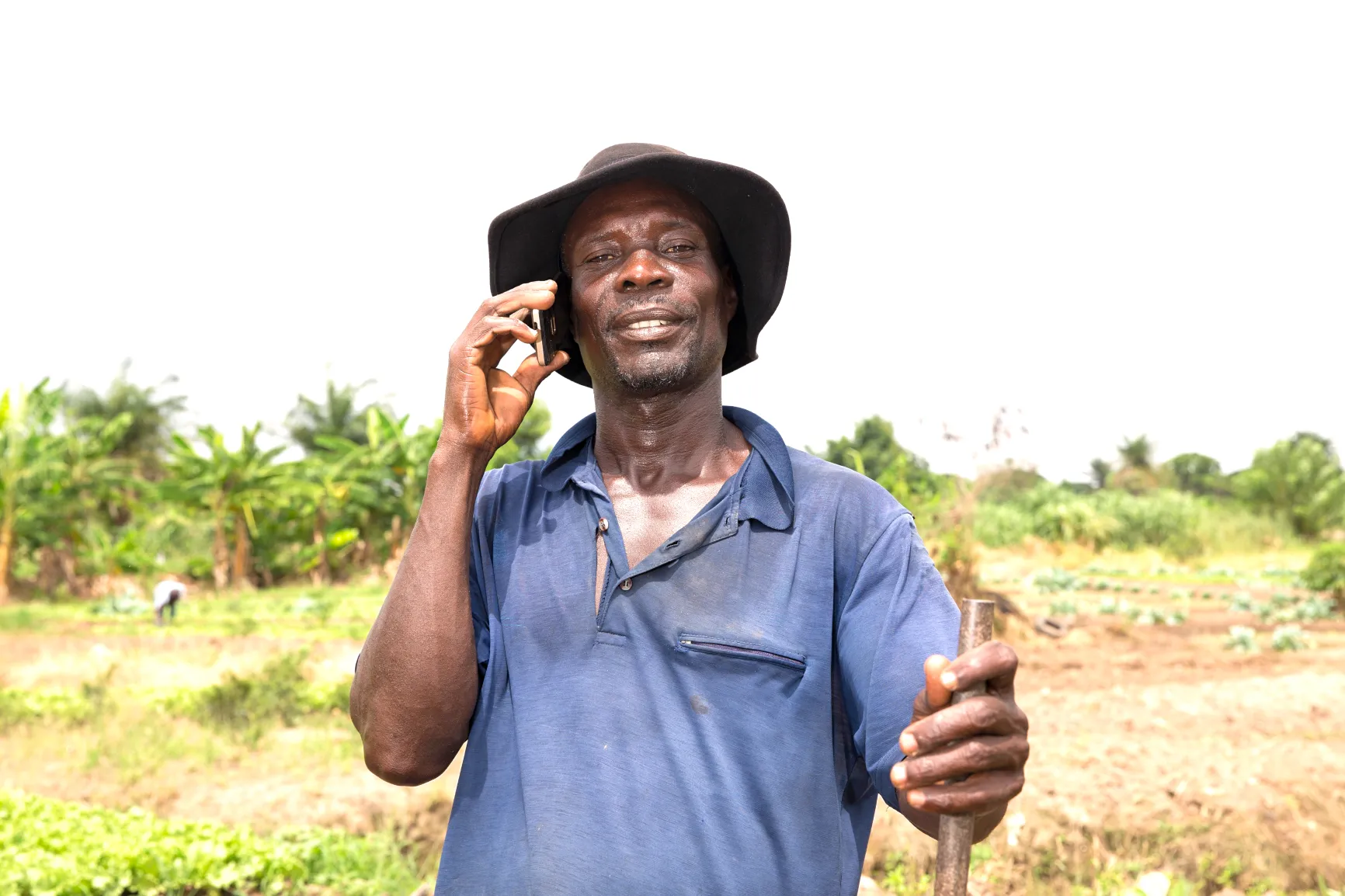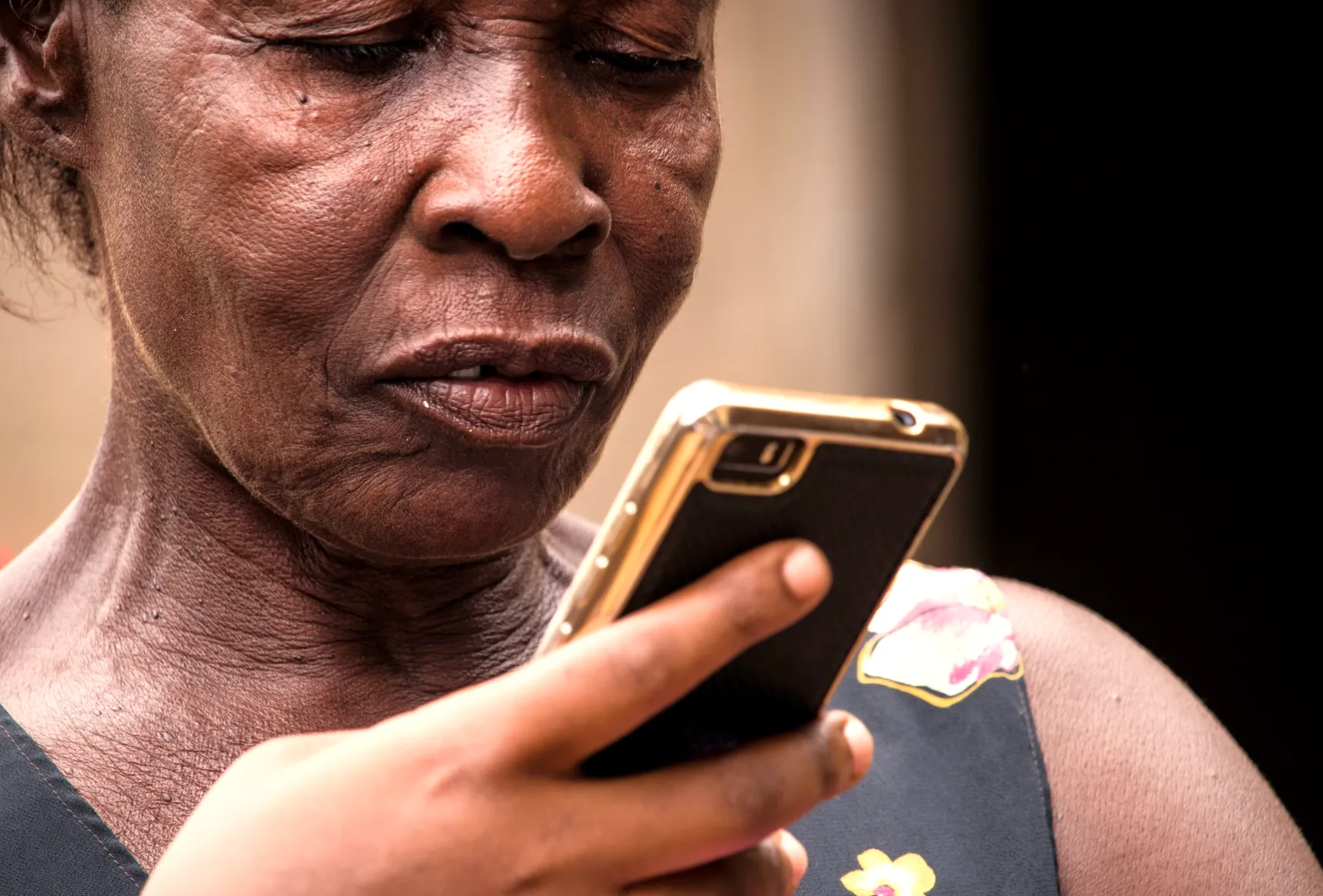As COVID-19 started spreading in Ghana earlier this spring, Elisabeth Efua Sutherland’s colleagues began forwarding audio messages claiming that if she drank apple cider vinegar or bathed using a certain “miracle medicine,” she wouldn’t contract the virus.
Myths such as these, with no scientific evidence or medical backing, have been circulating widely on social media in Ghana and elsewhere. A recent survey indicated that 50% of what Ghanaians know about the coronavirus is misinformation, with the leading myths being that spraying alcohol on one’s body can kill the virus and that eating garlic helps prevent infection.
Misinformation can be dangerous, even deadly, during outbreaks. In the fight against Ebola in the Democratic Republic of Congo, for instance, many don’t believe the disease exists or associate its spread with healthcare workers and avoid seeking treatment. “It is as much a crisis of communication as it is a health crisis,” said David Bisimwa, humanitarian coordinator for CARE in the DRC, last year.
While Ghana’s official language is English, nearly 80 languages are spoken in the country. “All these [fake] messages were sent in Twi or in other local languages, and that’s why they’re being circulated — because people can’t find other options,” Elisabeth says.


